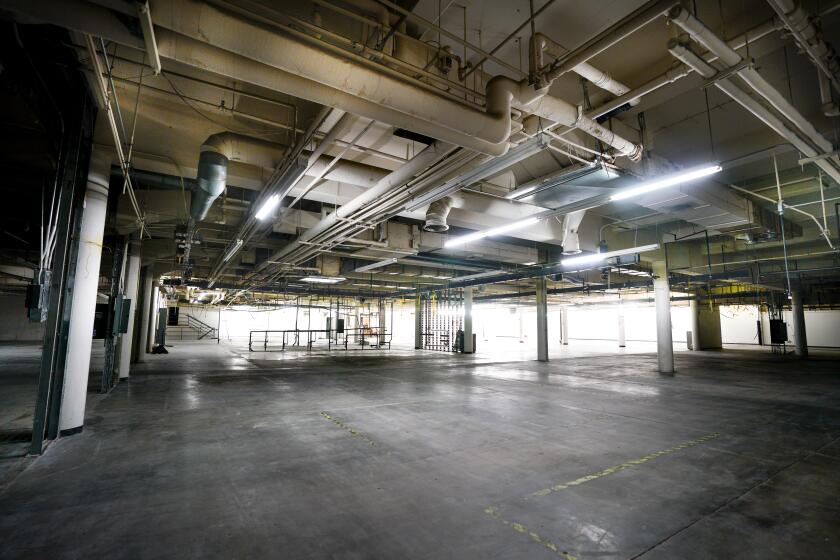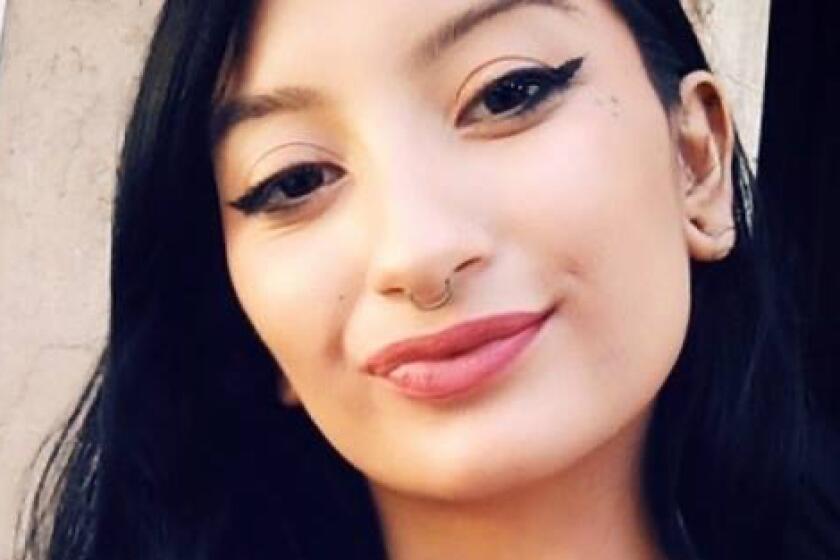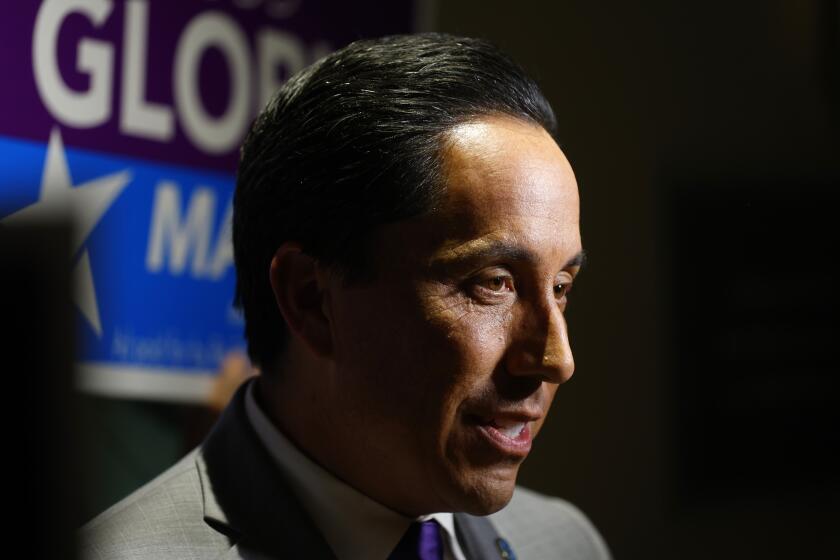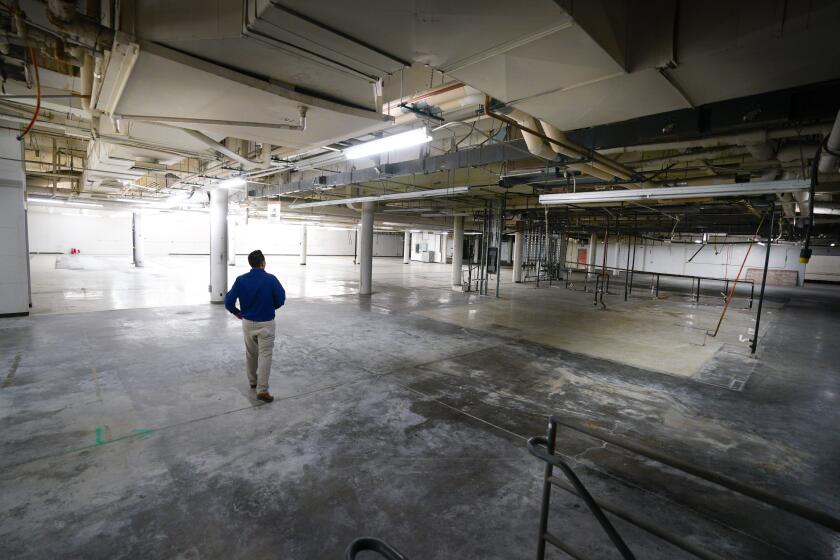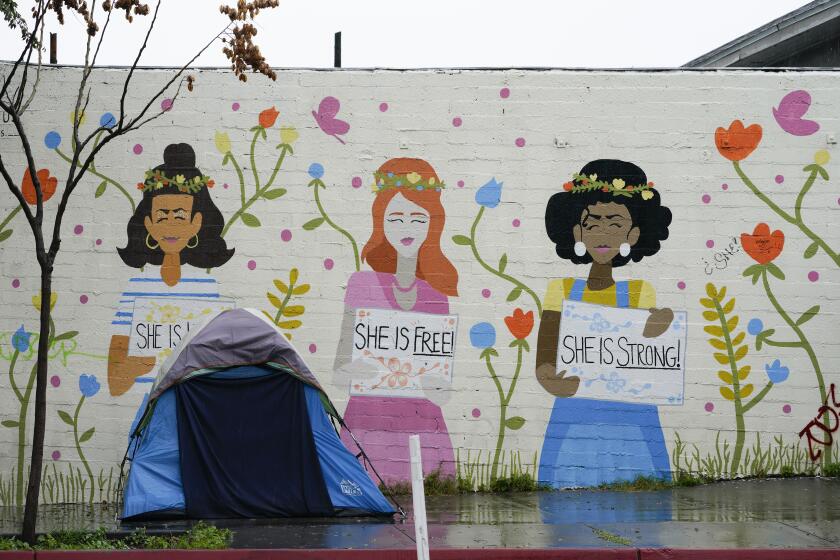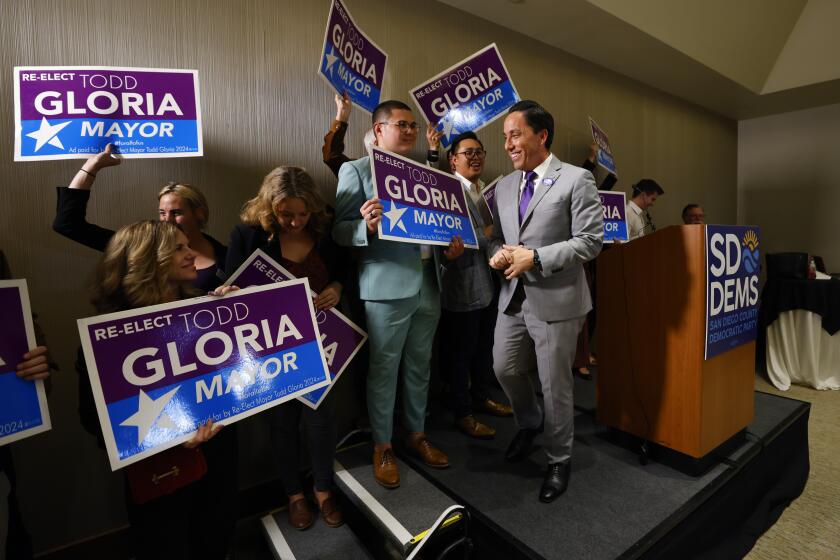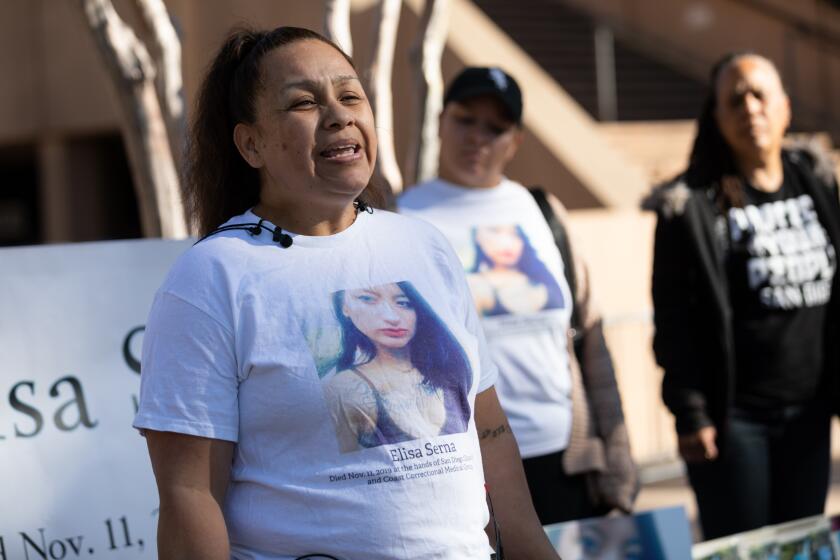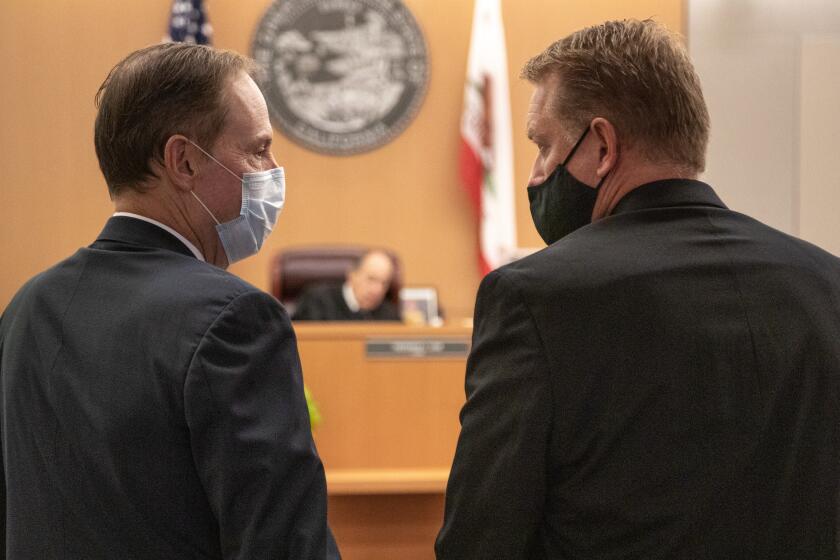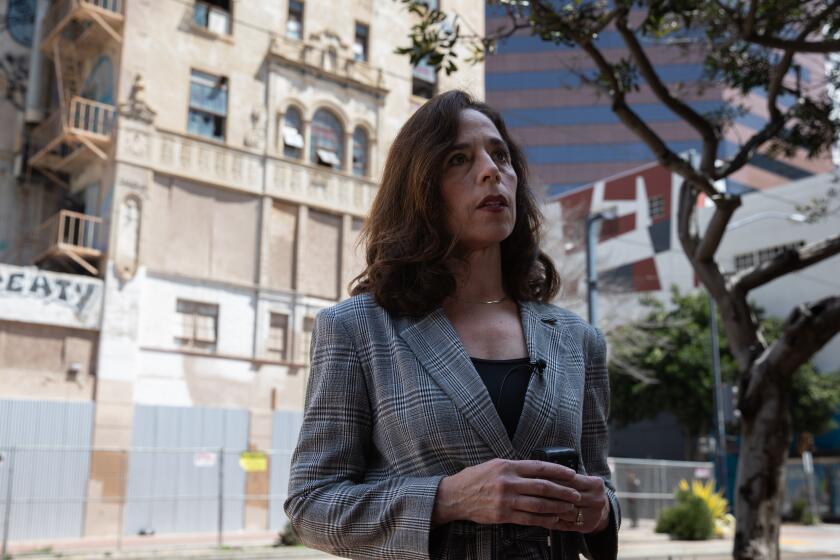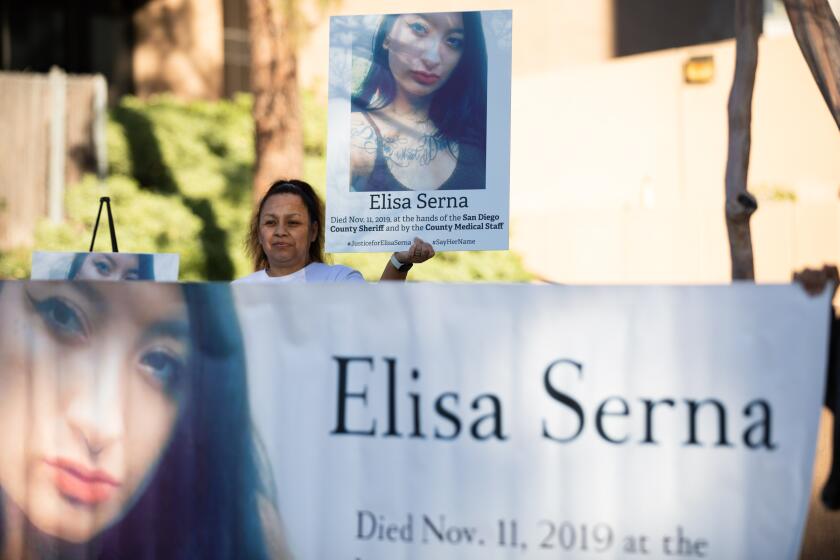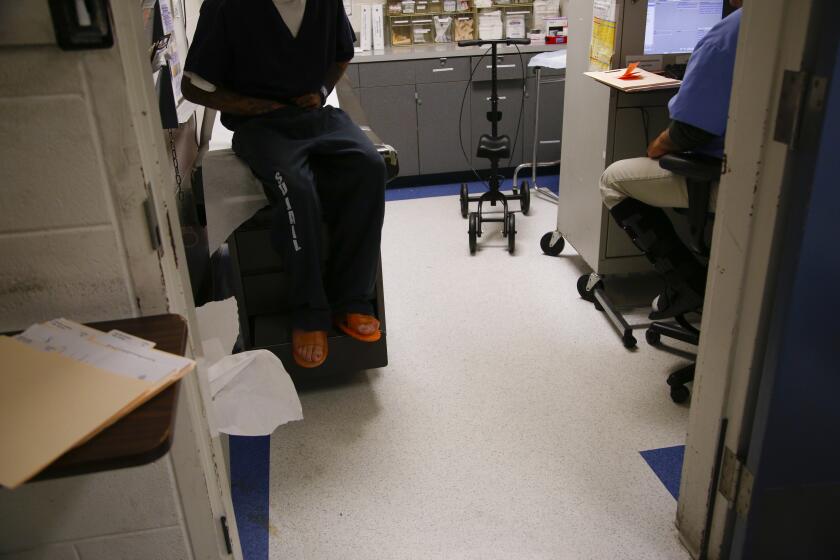Muslim group got FBI scrutiny, Congressional support
When a young white man pushed a female Muslim student at San Diego State University Thursday, allegedly making racist comments and grabbing at her headscarf, the local Council on American-Islamic Relations chapter issued a news alert condemning the incident.
“CAIR is America’s largest Muslim civil liberties and advocacy organization,” the notice concluded. “Its mission is to enhance the understanding of Islam, encourage dialogue, protect civil liberties, empower American Muslims, and build coalitions that promote justice and mutual understanding.”
The national chapter issued a similar condemnation within hours of the recent terrorist attack in Paris, and reminded the world that most of the victims of Islamic terrorists are Muslim.
While CAIR describes itself as a civil rights group dedicated to promoting dialogue, justice and mutual understanding, the Washington D.C.-based nonprofit also has had some attention from federal agents investigating possible links to terrorist groups.
CAIR was found to have ties to Hamas, the Palestinian-Islamic resistance organization, during a long-running criminal trial against former leaders of the Holy Land Foundation for Relief and Development.
“The evidence at trial linked CAIR leaders to Hamas, a specially designated terrorist organization, and CAIR was named as an unindicted co-conspirator in the case,” according to a 2013 report from the U.S. Department of Justice.
The same report found the FBI violated its own policies for interacting with CAIR, rules that were adopted as a result of the group’s status as an unindicted co-conspirator in the case against five Holy Lands Foundation officials.
CAIR said its listing as being somehow complicit in the Holy Lands Foundation financial support of Hamas was the result of overzealous prosecutors, who wrongly associated a number of Muslim groups with the defendant.
“The listing is simply part of tactical pre-trial maneuvering and not an indicator of guilt,” the group said.
CAIR spokesman Corey Saylor said a 2011 poll found that more American Muslims reported that CAIR most represented their interests. Many elected officials and community groups credit CAIR for its work promoting education and understanding, he added.
“We received 68 congratulatory letters from members of Congress at our recent banquet,” Saylor said.
Get Essential San Diego, weekday mornings
Get top headlines from the Union-Tribune in your inbox weekday mornings, including top news, local, sports, business, entertainment and opinion.
You may occasionally receive promotional content from the San Diego Union-Tribune.

